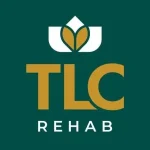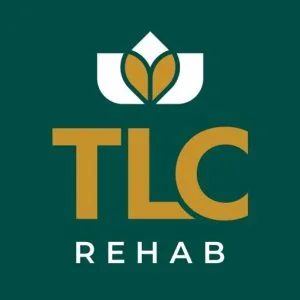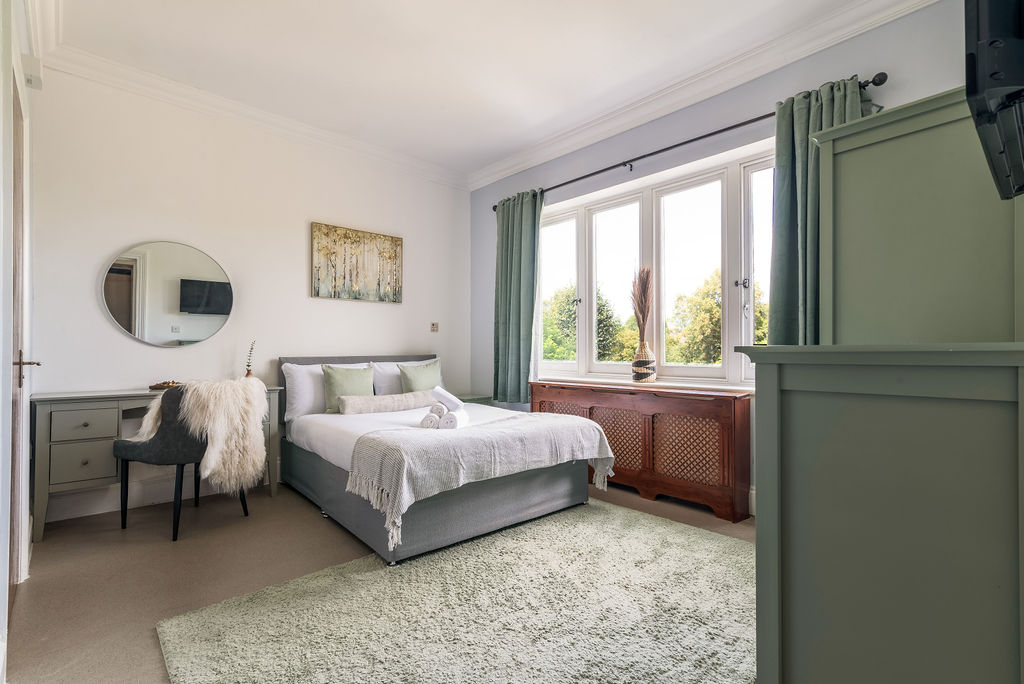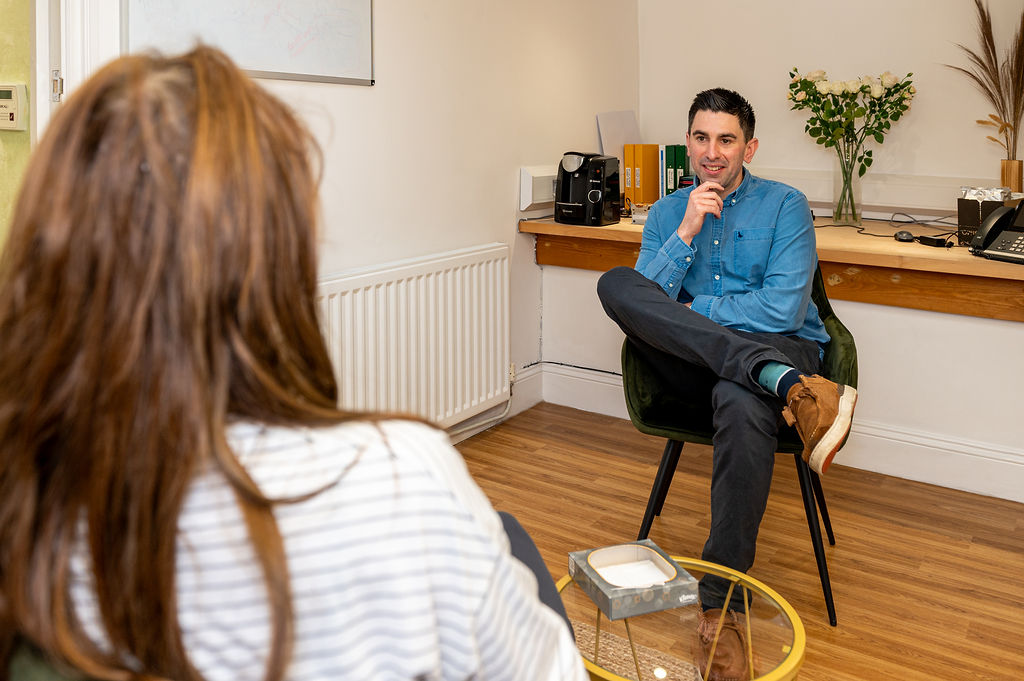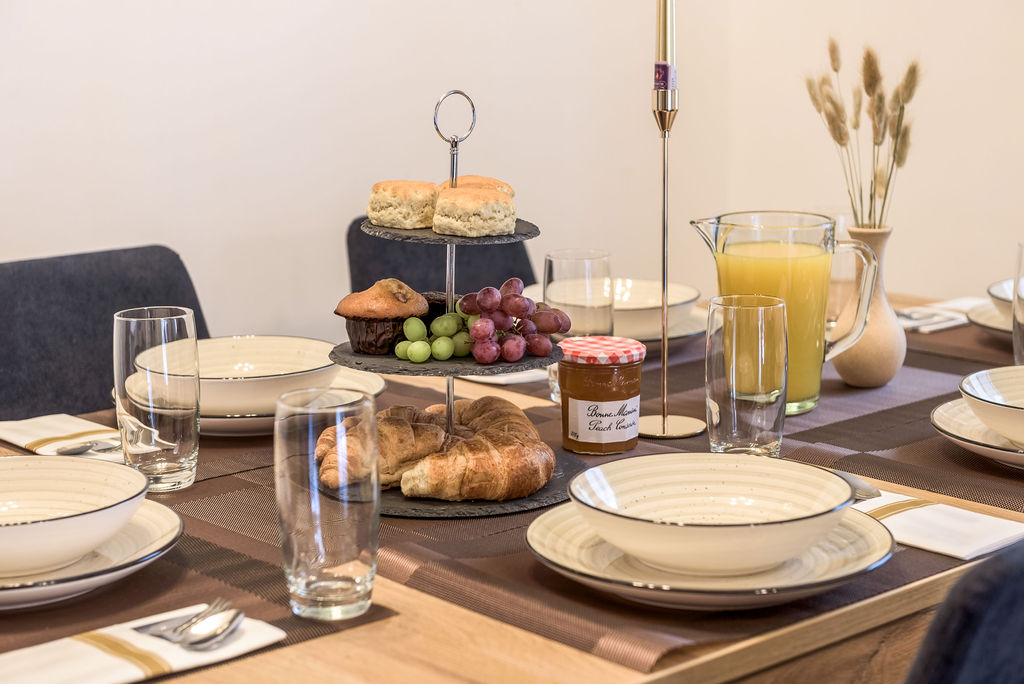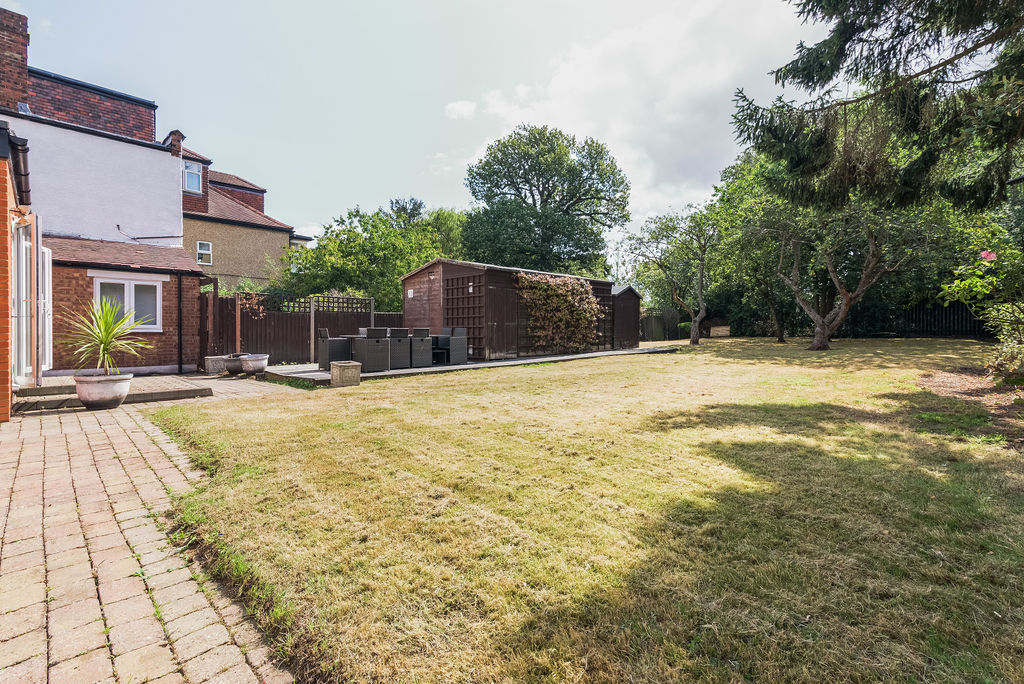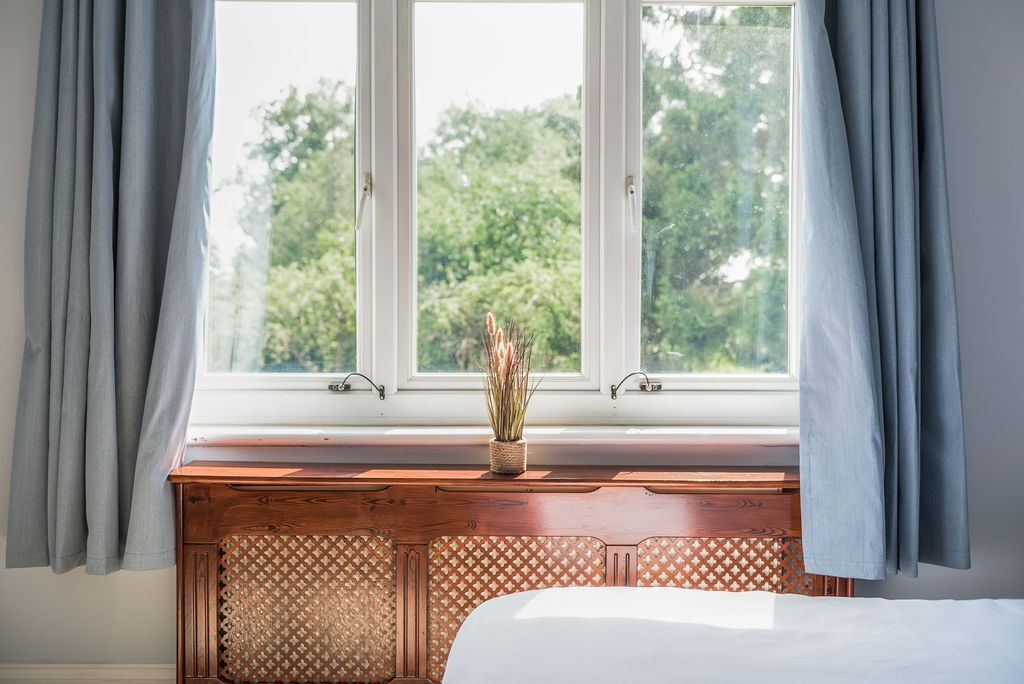- 24/7 Support: Professional care is available round the clock in our rehab residential setting.
- Therapeutic Environment: A safe, substance-free setting allows focus on recovery at a trusted rehabilitation center near me.
- Holistic Healing: Removing everyday distractions enables individuals to concentrate fully on their health and well-being in one of London’s most supportive rehab alcohol centers.

